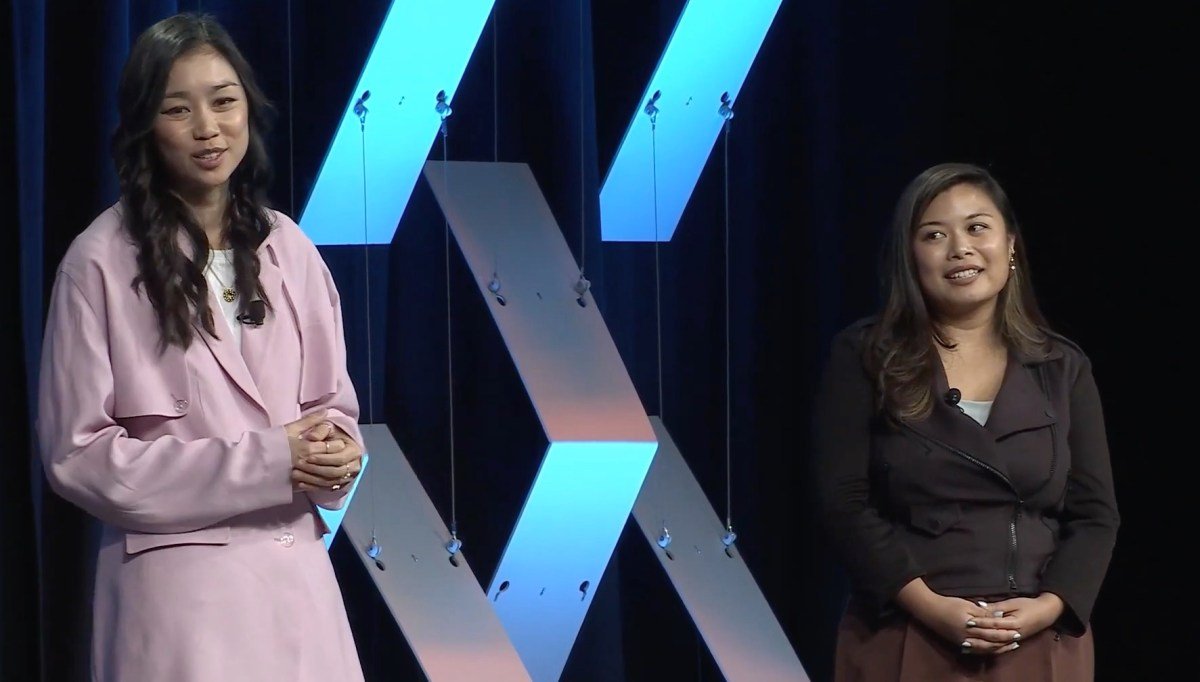Block Party, a startup founded by software engineer and advocate for diversity in tech, Tracy Chou, was one of the companies affected by Twitter’s recent API changes. As a result, the company was forced to pivot its business strategy.
At this year’s SXSW conference in Austin, Chou revealed Block Party’s new product, Privacy Party. The purpose of Privacy Party is to assist individuals in efficiently navigating and adjusting their privacy settings across popular social media platforms such as Facebook, Instagram, LinkedIn, Reddit, and Twitter (now X), among others.
The original version of Block Party was designed to automate the process of blocking unwanted users, trolls, harassers, and more on Twitter. In 2022, the company raised $4.8 million in seed funding, only a year after its launch. The goal was to expand their automated blocking to other platforms.
Unfortunately, Twitter’s API crackdown impacted Block Party’s operations immediately. The company’s initial product, now on hold, has been rebranded as Block Party Classic.
Chou spoke about the demise of the product at SXSW, acknowledging how Block Party Classic allowed users to filter out spam and harassment from their mentions. This made Twitter a more pleasant and usable platform without being a full-fledged content moderation solution, as the content was still viewable on the Twitter platform. It served as middleware, according to Chou.
“Sadly, Twitter’s change in ownership also meant we lost access to the API,” Chou explained.
In light of the current unpredictability surrounding API regulation, Block Party has shifted its focus entirely to developing Privacy Party.
Chou revealed that the idea for the new product stemmed from conversations with newsroom security teams who expressed the need for better tools to ensure the safety of journalists online. She explained that not only do journalists face harassment, but they also have to deal with threats such as doxing, stalking, and even death threats. This is where personal social media profiles become vulnerable, prompting the security recommendation to lock things down.
Moreover, some individuals may want to clean up their social profiles for various reasons, including avoiding old photos and posts resurfacing and hurting their reputation or affecting their job prospects. For example, party photos from college might not be suitable for potential employers to see.
However, adjusting the security settings on each platform is often a time-consuming, tedious, and intricate process. The platforms often make their user interface and experience challenging, frequently changing the location of settings in an attempt to discourage users from securing their valuable data or to comply with regulations.
Privacy Party will serve as middleware in this situation as well, making it easier for users to interact with platforms and services and adjust their privacy settings with fewer clicks.
In one example demonstrated at SXSW, Block Party’s Head of Product Design, Deonne Castaneda, revealed that it took at least six clicks on Facebook to find the setting to make a single photo album private.
“It was evident that there was a demand for better privacy control and protection for photos, which saved time and effort for users,” Castaneda stated.
Privacy Policy functions by providing users with tailored recommendations for various social media platforms.
In its current beta form, the browser extension personalizes its recommendations based on the user’s current settings. The extension navigates through Facebook, or any other social media app, learning about your settings in the background through a scan. The browser tab needs to remain open while the scan completes, and the user will receive an alert once it’s finished. In some cases, the scan may be paused if two-factor authentication is required. Following this, users can review their settings, such as the content they are tagged in or the visibility of their photos and posts, and choose whether to change the settings for better safety or skip the recommendation.
The extension also focuses on other areas that could make users vulnerable to bad actors or stalkers, such as who can contact them, who can see their activity, which apps have access to their data, who can view personal information like their location or hometown, and the availability of older content to certain individuals. As the user makes changes, Privacy Policy’s extension will automatically update the settings on their behalf, acting as a privacy expert guiding them through each step and providing feedback on which settings need to be adjusted and for what reason.
The beta version of Privacy Policy works with a range of social media platforms, including Facebook, Instagram, LinkedIn, Reddit, Strava, Twitter (now X), and Venmo. The scan takes anywhere from one to eight minutes, depending on the number of settings that need to be secured. While in beta, the browser extension is free to use.
“Each recommendation provides transparency about what’s happening with your data and the potential tradeoffs involved,” Castaneda explained. “The controls it offers give you an additional level of automation, making it easier to find and adjust privacy settings.”
Chou did not specify when Privacy Party would officially launch, but for the time being, the beta version is available for free.








